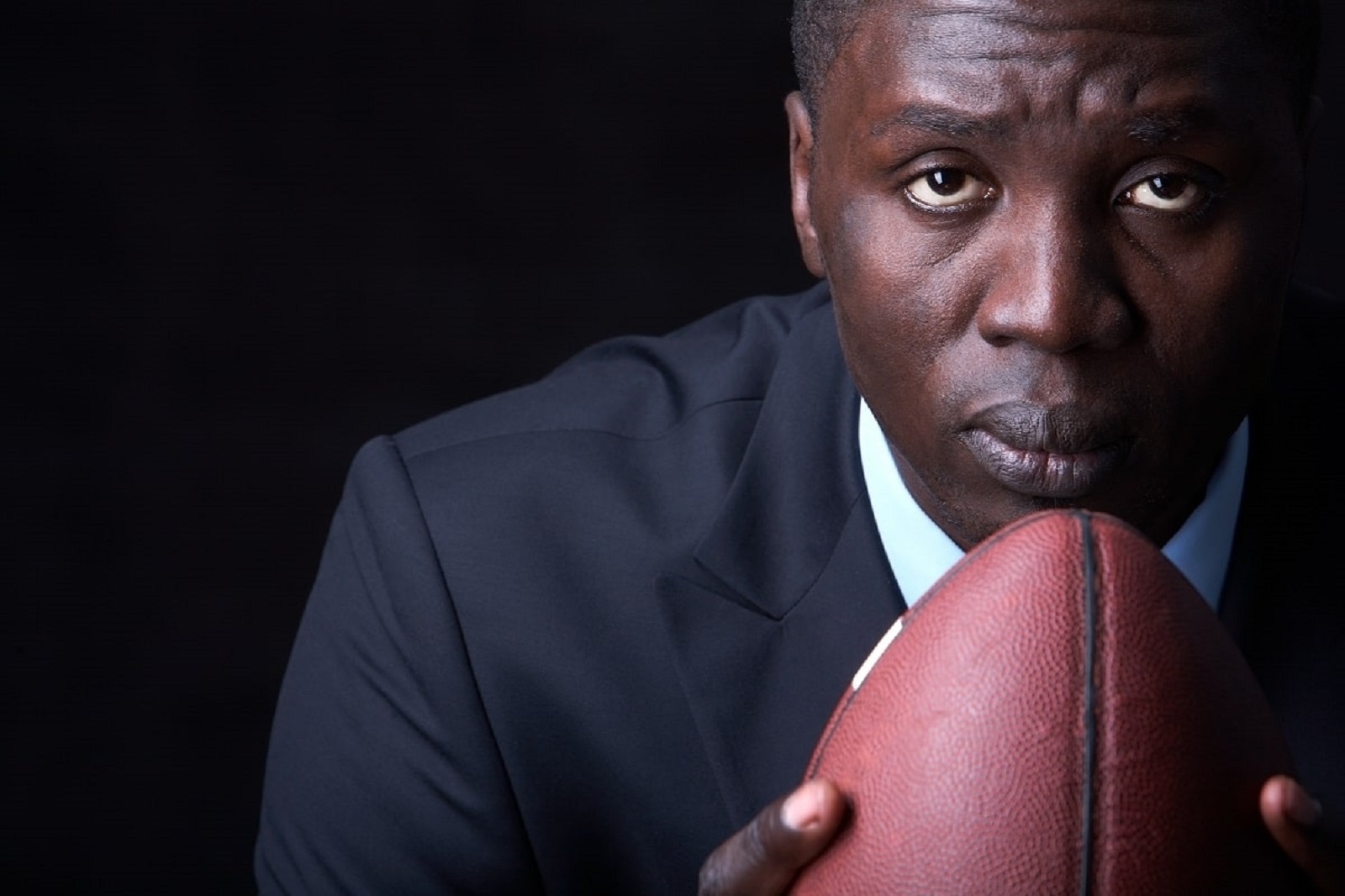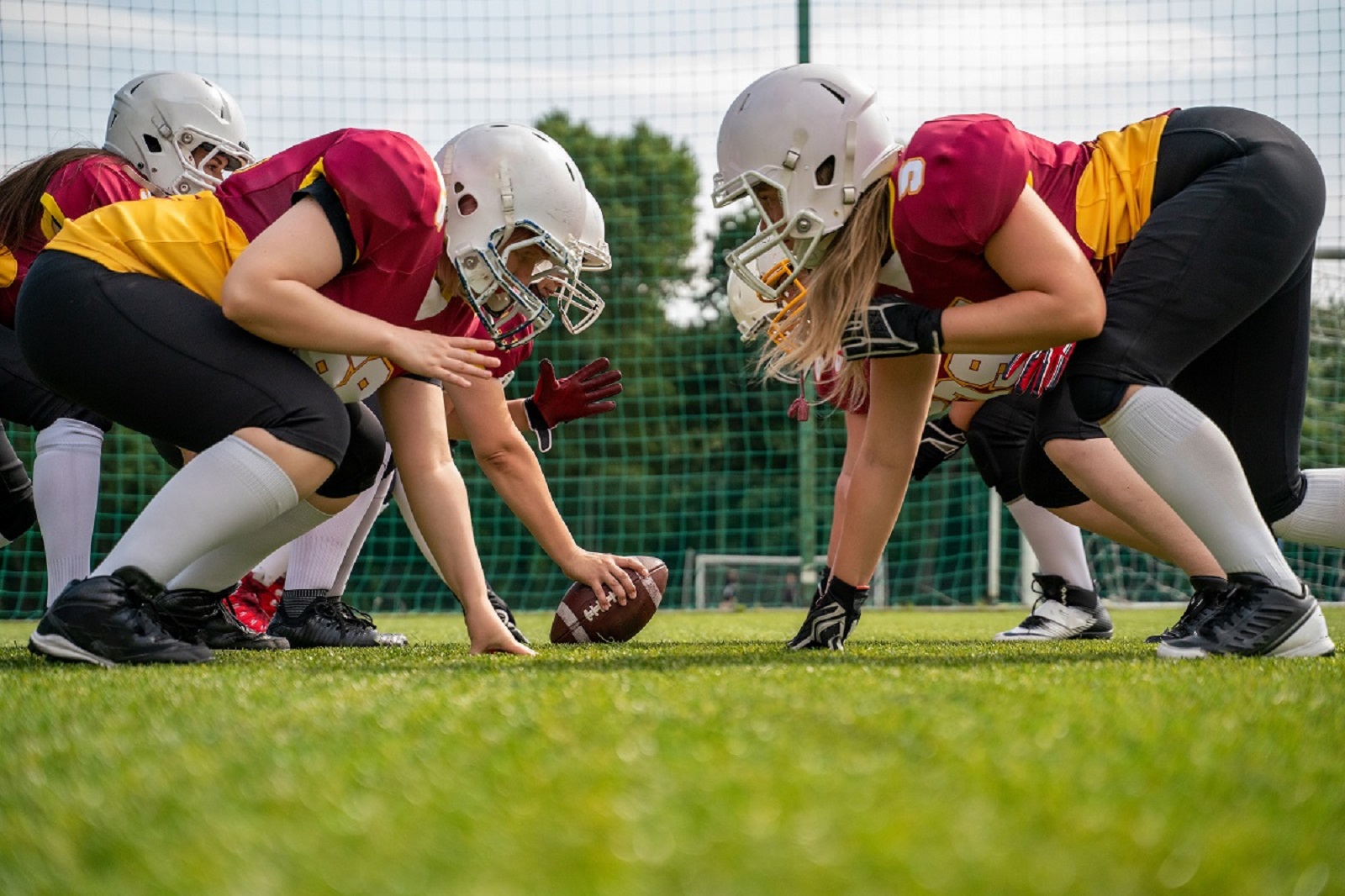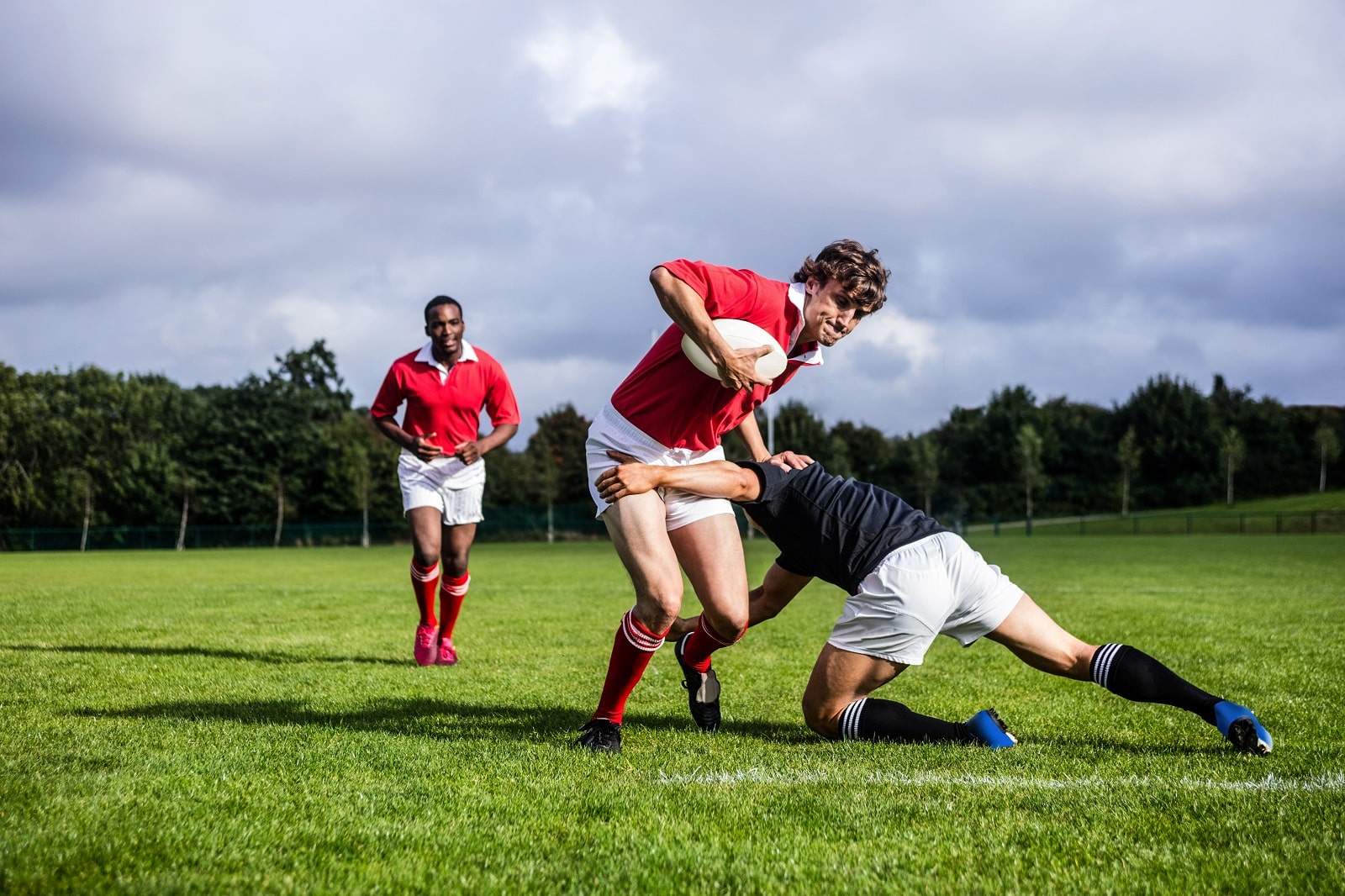A report has revealed that playing impact sports in schools is potentially a form of “abuse” on the child’s brain, with universities calling for a ban on rugby and boxing before the age of sixteen.
Child Safety in Impact Sports

Centuries of traditional practices in British schools are under threat as researchers suggest allowing children to play impact sports such as rugby is a form of child abuse.
Research Findings

In a recent study published in the Journal of the British Philosophy of Sport Association, researchers from three top British universities argue that there’s a correlation between playing rugby and boxing at a young age and being diagnosed with dementia or Parkinson’s in adulthood.
Governing Body Responses

Despite the Rugby Football Union (RFU) insisting that player welfare is a priority, the study revealed the potential long-term risks of children participating in these sports.
Brain Injuries Less Likely After Certain Age

To combat potential brain diseases that children may face during their adulthood, the association is calling for rugby and boxing to be delayed until the age of sixteen since brain injuries are less likely to occur after this age.
Long-Term Impact

Researchers argue that parents might not fully grasp the potential long-term risks of brain injuries associated with these sports, “Sports for children should not intentionally harm their brains,” said Eric Anderson of the University of Winchester.
Rugby Abusive to the Brain

According to the study, rugby is a form of child abuse, “These collisions cause cognitive harm and increase the risk of neurodegenerative diseases and dementia; they are therefore abusive to a child’s brain,” Anderson said.
Brain Trauma and Acceptance

The study revealed that sports’ governing bodies may inadvertently “groom children into sustaining and accepting brain trauma” and urge for the sport to be banned until the age of 16.”
Parental Roles and Consent

Since children cannot provide informed consent for participating in high-risk activities like impact sports, the parents are liable for any injuries that are inflicted on their kids.
Former Player Speaks Out

Critics like former player Will Greenwood argue that rugby helps brain development rather than damages it through strategy and building “relationships that cannot be replicated.”
Benefits of Team Sports

The RFU also stressed, “Playing rugby provides significant physical and mental health benefits along with life skills gained from playing a team sport which has strong values,” mirroring Greenwood’s response.
Anderson Argues Reports Findings

Eric Anderson argued, “The child’s brain doesn’t know or care how it was traumatized,” and that “The injury remains the same,” before offering advice to parents.
Anderson’s Message to Parents

Anderson said there are blurred lines between punishment and sport, “we need to stop parents from hitting children in the head as punishment. But we also need to stop children from being hit in the head as a form of play.”
Growing Awareness of Risks

Recent cases of former rugby players experiencing early-onset dementia, such as former Wales captain Ryan Jones, who was diagnosed at just 41, show that urgent steps must be taken to avoid breaking families’ hearts in the future.
Former Wales Captain Speaks On Dementia

Jones said, “I feel like my world is falling apart. I am really scared because I’ve got three children and three step-children, and I want to be a fantastic dad. I lived 15 years of my life like a superhero, and I’m not.”
Difference Between Then And Now

English Rugby Coach Rob Baxter admitted, “What happened with these guys is tragic but it’s way down the line,” and argued that the sport’s attitude to concussions and head injuries has changed since these former players were involved in the sport.
Rugby Leading The Charge?

Baxter argued, “It is not easy now for a player with a concussion to get back on to the field. Rugby is probably now a leader in monitoring return-to-play safety practices around head injuries.”
RFU Promises Support

A spokesperson for the RFU said, “Rugby is not [compulsory.] The RFU and England Rugby Football Schools’ Union work closely to support teachers and coaches with guidance and resources, especially around players’ safety and welfare.
Alternative Approaches in Other Sports

Recently, in other sports, steps have been taken to avoid early-onset dementia after several cases have been reported in former players. In football, it is illegal in the rules of the game to head the ball under the age of 12, which has gained criticism and support.
Should Rugby Do More?

While some critics are laughing off the report, it’s clear there is substance behind it and issues involving unconsenting children’s long-term head injuries must be addressed.
More Articles Like This…
Broken Britain: 12 Reasons Behind the UK’s Decline
Say the Unsayable: 10 Occasions When Farage Spoke His Mind About Britain
The post Is Rugby Abuse? Report Labels Impact Sport as Potentially Damaging first appeared on Edge Media.
Featured Image Credit: Shutterstock / Patrick Case .
Oscar Davies, an expert in US and UK politics and sports, is renowned for his sharp and engaging writing style, appealing to a broad spectrum of readers.

